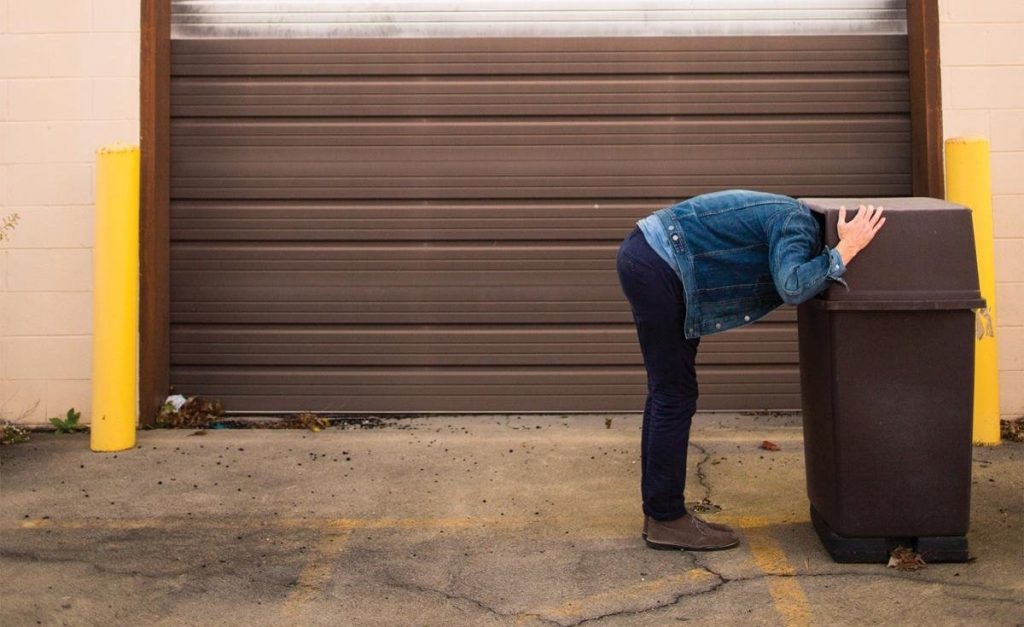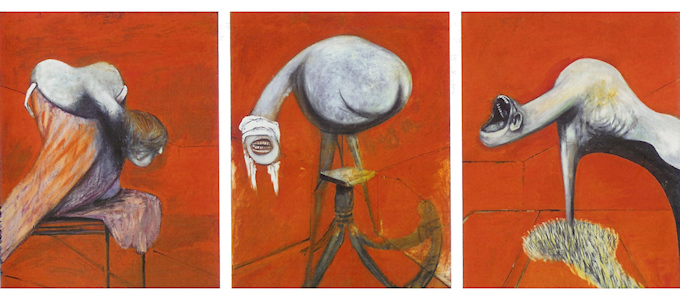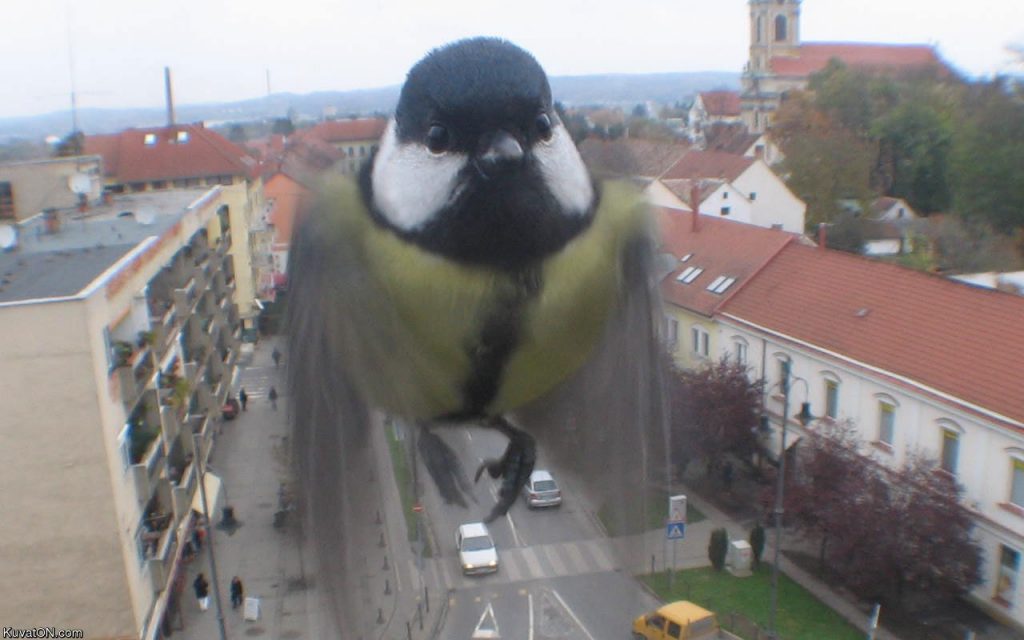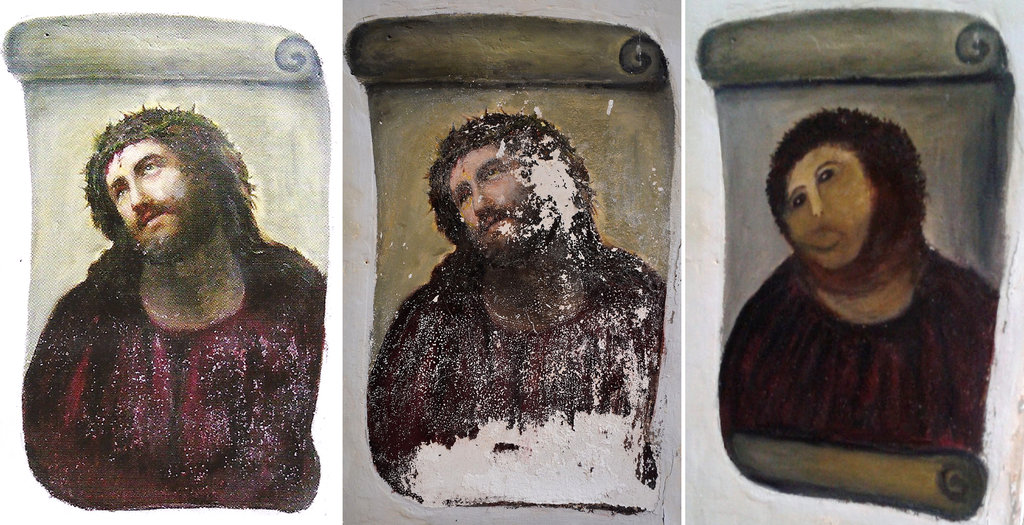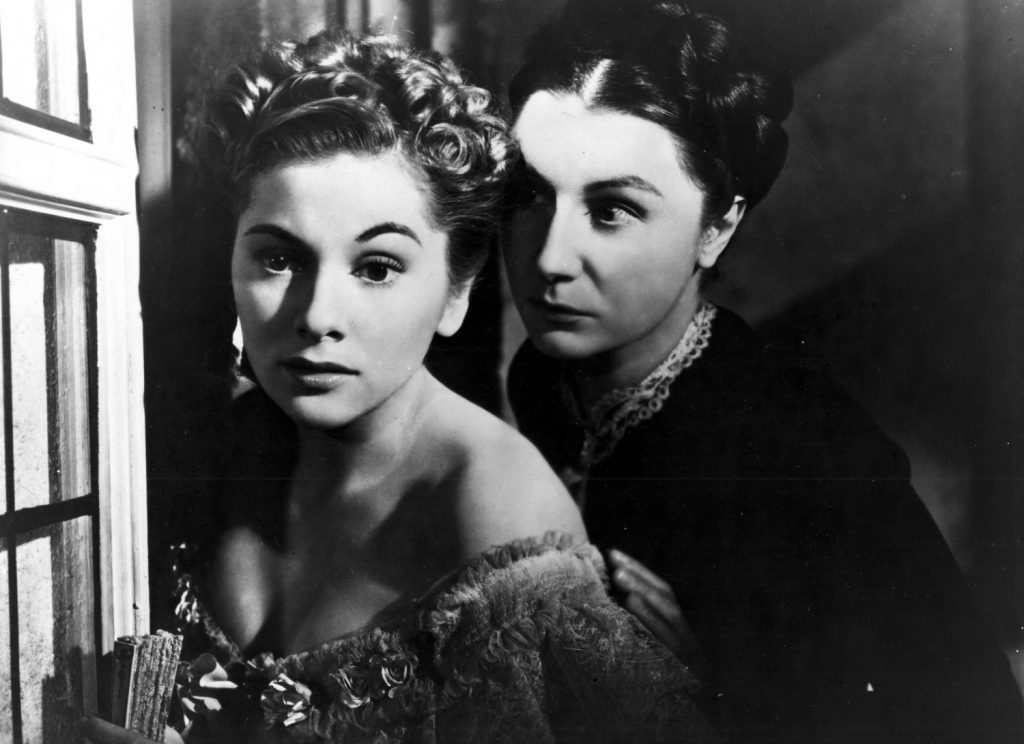Animate Matters — Sci-Fi, Empedocles, and GMOs
Improbable combinations of species have a history in many cultures as mythical hybrids—sometimes as gods, but just as often as monsters. Long past believing in griffins, the public still reacts strongly to “unnatural” combinations; the current GMO contention is a prime example.
Animate Matters — Sci-Fi, Empedocles, and GMOs Read More »


